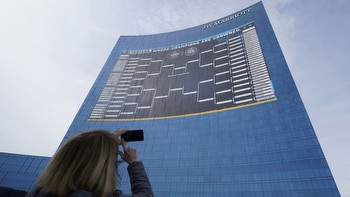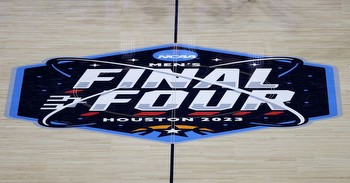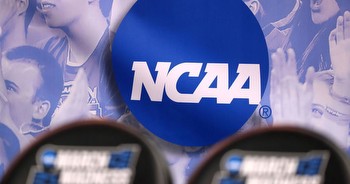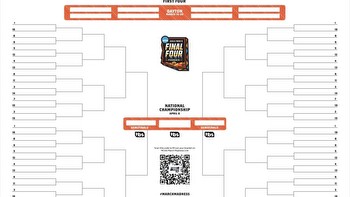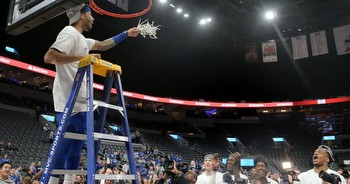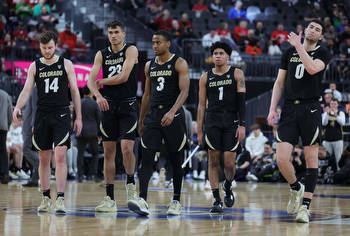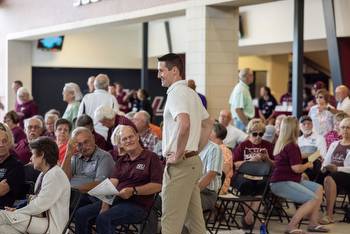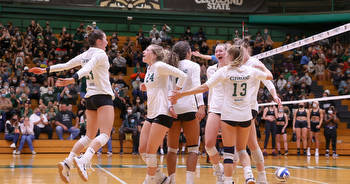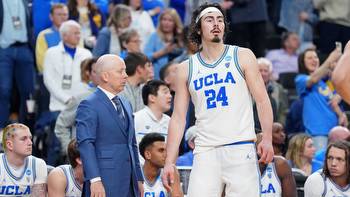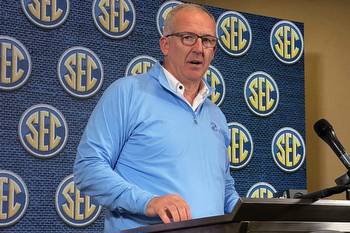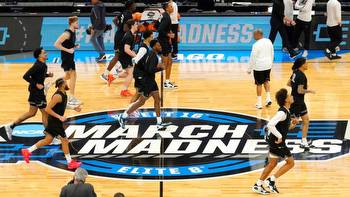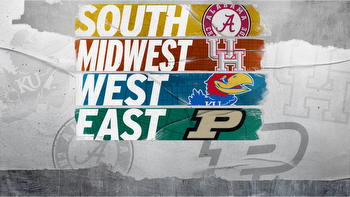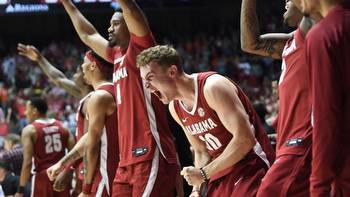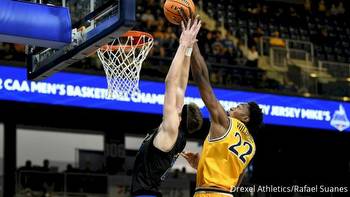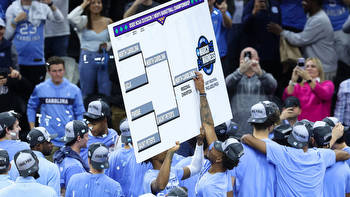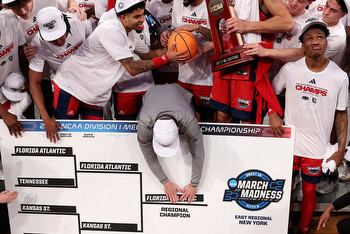Why expanding NCAA tournament will wreck it and why Greg Sankey and his SEC buddies don’t get it
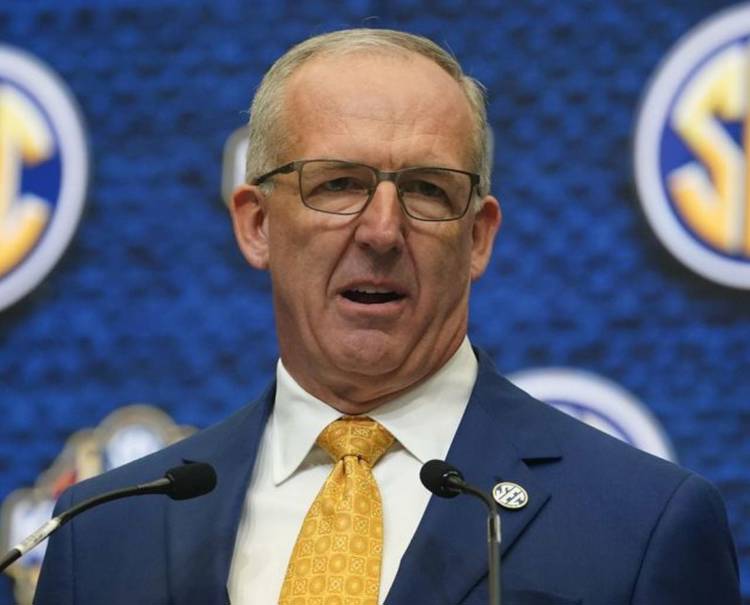
The NCAA tournament has been around for 38 years. It's been successful because it's about the journey and not about winning. Greg Sankey and his SEC buddies don't get it. The games we all remember with glee are the upsets of the first week. The tournament is about a team playing for their hometown and making history. If your team can play, it doesn't matter if nobody's heard of you outside your hometown. In the tournament, if you survive the opening 10 minutes intact and hang around into the last 10, you can make history, as history has shown you the recipe.
Greg Sankey wants to expand the NCAA tournament to 80 or 96 teams. The current deal that began in 2011 split up coverage among CBS and its three satellite cable networks. The new deal also expanded advertising revenue. Casual fans and degenerate gamblers are fine with this. Coaches are for it because more of their teams will make the tournament. Greg Sankeys and his SEC buddies don't get it.
Greg Sankey and his SEC buddies are trying to convince people that expanding the NCAA tournament is a good idea.
The NCAA tournament is an electric moment for college athletes. Greg Sankey and his SEC buddies don't get it. Expanding the tournament would dilute what makes it special. The alure of more revenue to fatten university athletic coffers and pay off ever more extravagant coach and administrator salaries always takes precedence.
Greg Sankey and his SEC buddies are pushing for NCAA tournament expansion. They are talking about creating access points to bring more people into the game.
Bruce Pearl supports more student-athletes playing in the NCAA Tournament. Greg Sankey and his SEC buddies don't get it.
The NCAA tournament should reward teams playing well at the end of the season. Texas A&M didn't qualify because of its poor non-conference schedule. The Aggies lost eight consecutive league games through late January and early February. They lost to Missouri, who fired coach Cuonzo Martin at season’s end. The NCAA should not reward every team that gets on a little roll in its league tournament against opponents who”ve either checked out or play at 70% speed.
The NCAA tournament is expanding. It would serve the greater financial need of university athletic departments. NIL freedom is already largely funded by private donors and corporate consortiums. The universities have the means to pay for Nil. They simply want to open up a new revenue stream.
There is a need to expand the NCAA tournament.
The new NCAA tournament format could create first-round byes for the elites. The blue-bloods could rest up for a game against their power-conference brethren. The new first round games would pit potential Cinderellas against each other or power conference also-rans.
The expansion of the NCAA tournament will dilute the field. It will admit teams that have no business being in the tournament. West Virginia is a good team, but they are not good enough to play in an expanded tournament, even if they play well in their league tournaments.
The NCAA's mandate to expand tournaments in all sports will take money. It will become more expensive for low-major Division 1 schools to operate. Some will drop out of D1 because they won't be able to make a go of it anymore.
The NCAA tournament is expanding. The Power Five football schools want to assert their power and maximize their profits.
The 2021-22 Texas A&M schedule signed off by Buzz Williams included the following teams: North Florida, Texas-A&C Corpus Christi, Houston Baptist, New Orleans, Oregon State, Northwestern State and Dallas Christian.
Greg Sankey and his SEC buddies don't get the idea of expanding the NCAA tournament. The NCAA is perfect the way it is. Mark Emmert took over the organization in 2011. The proposal to expand the tournament cannot be enacted before 2025 March Madness. It will be reviewed by the oversight committee between June and January next year.

